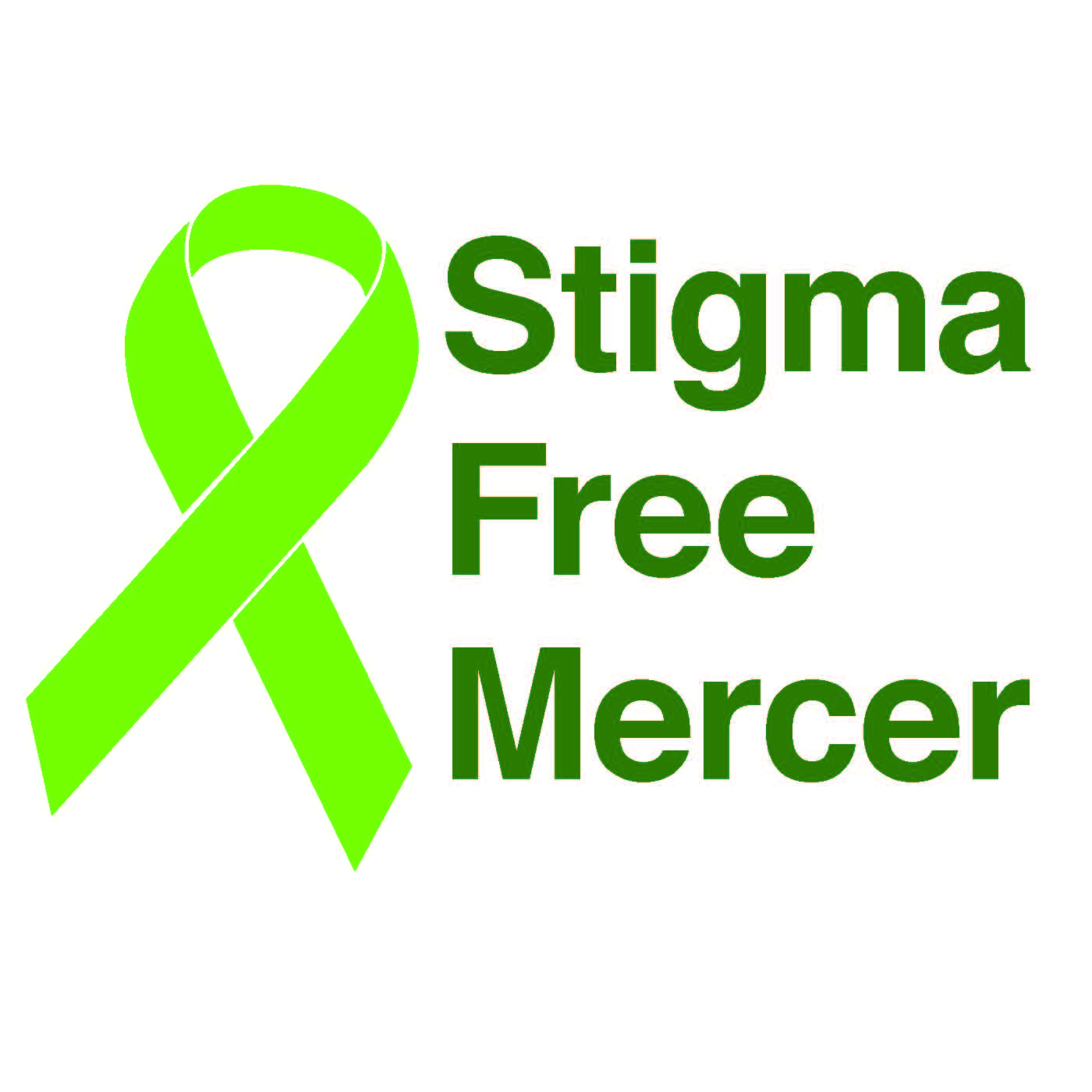
- This class & event has passed.
May is Mental Health Month
May 1, 2021 - May 31, 2021

May is Mental Health Month
Since 1949, May has been observed as Mental Health Month, a time to highlight awareness about mental health. Every year, millions of Americans live with mental illness; however, the COVID-19 pandemic has had a profound impact on the mental health of people throughout the United States and world. More than ever, it is critical to end the stigma around mental health struggles, because that stigma often prevents individuals from seeking help.
Mental Health America, the originator of Mental Health Month, has continued the theme “Tools 2 Thrive” from last year and provided practical tips that everyone can use to improve their mental health and increase their resiliency. The Mercer County Division of Mental Health will share these tips each week. This week, we focus on six tips for adapting after trauma and stress.
We all face trauma, adversity and other stresses throughout our lives. When people think of trauma, they often think of things like abuse, terrorism or catastrophic events (often called “big ‘t’ trauma”). Trauma also can be caused by events that may be less obvious but can still overwhelm your capacity to cope, like frequent arguing at home or losing your job (often referred to as “little ‘t’ trauma”). Trauma of any kind can be hard on your mental health, but working on becoming more resilient can help you feel more at ease.
 |
Tips for Healing |
- Process your thoughts. During and after experiencing trauma, it is common to go into survival mode and not have energy to wrap your head around what happened. It may feel safest to bury painful feelings and avoid confronting them, but acknowledging what happened and how it has impacted you is an important part of healing. When you feel ready, take time to think about how you have been affected – and be proud of yourself for pushing through.
- Don’t compare your experience to others’. We often question our thoughts or experiences, and you may convince yourself that what you experienced was not a big deal because “others have it worse.” Remember that everyone experiences trauma differently, and no one trauma is “worse” than another. If it hurt you, then it hurt you – and your feelings and experiences are valid.
- Take care of your body. Stress and trauma impact your body and physical health just as much as it does your mind. Listening to your body and giving it what it needs will help you heal. This includes eating a nutritious diet, getting enough sleep, staying hydrated, and exercising regularly. Moving your body is especially helpful in trauma healing – aim to do it every day, even if it is only a few minutes of stretching.
- Know it will take time. There is no set timeline for how you “should” heal. Remove the pressure of needing to bounce back quickly and focus on taking it one step at a time. Remember that recovery is not linear, and it is normal to have bad days and setbacks. It does not mean you are failing – it is just part of the healing process.
- Give yourself grace. Dealing with trauma and stress is no easy feat, but it is common to get frustrated with yourself and what can sometimes be a slow recovery process. Try to catch when you hold yourself to unreasonable standards. Instead of angrily asking yourself “why am I acting like this?” think about how impressive it is that you keep going, despite what you have faced.
- Do not feel ashamed to ask for help. It is easy to compare how you are feeling to how you assume others who have been through similar experiences are feeling, and you may get down on yourself because it seems like everyone else is doing just fine. What others experience and how they cope does not matter in your journey – if you feel like you need (or want) help, it is important to get that as soon as you can.
 |
For more information on mental health services in Mercer County or the County of Mercer’s Stigma Free Campaign, contact Michele Madiou at mmadiou@mercercounty.org or 609-989-6529. We also invite you to sign our Stigma Free Pledge and read the archive of the Stigma Free Mercer News newsletters.
